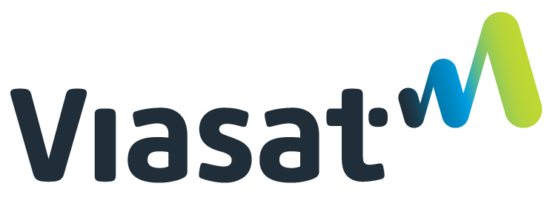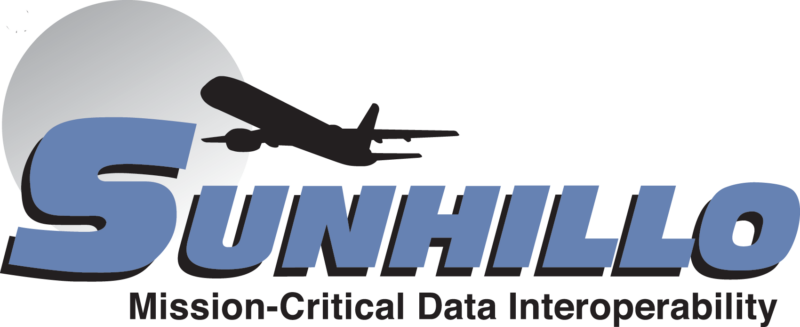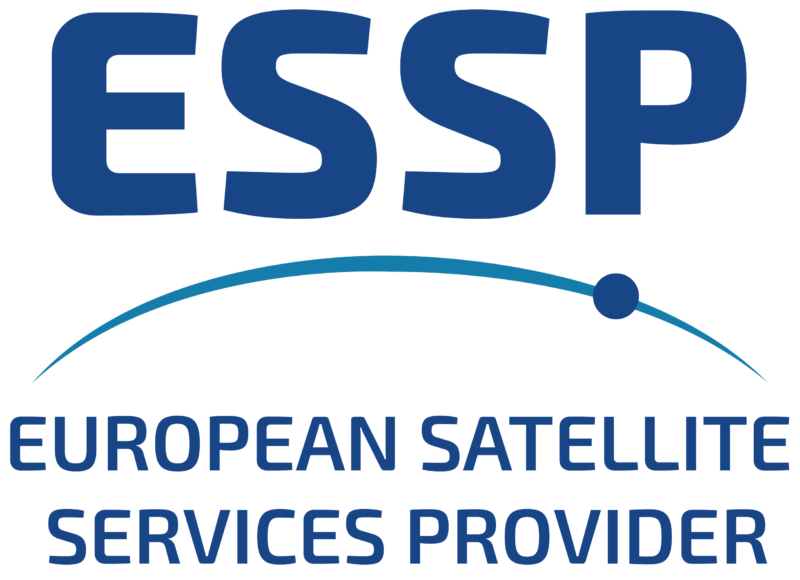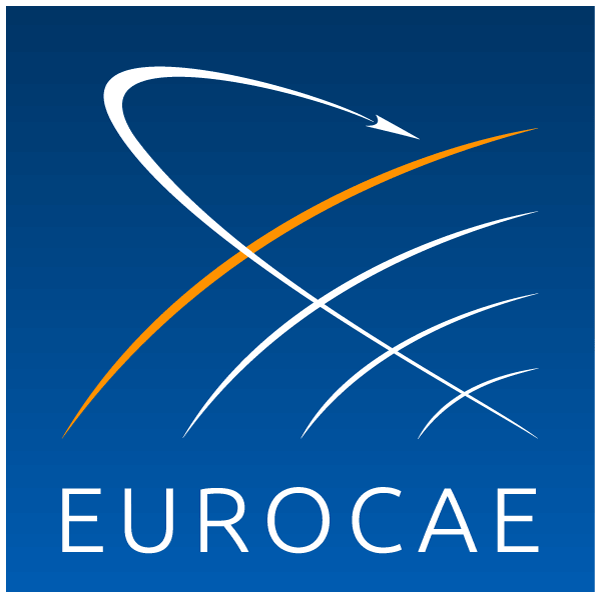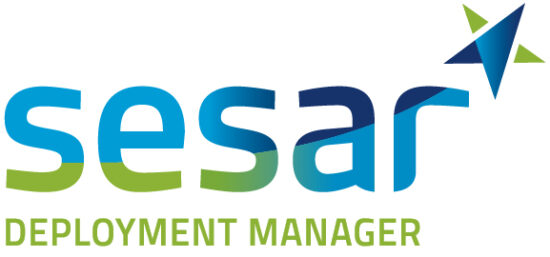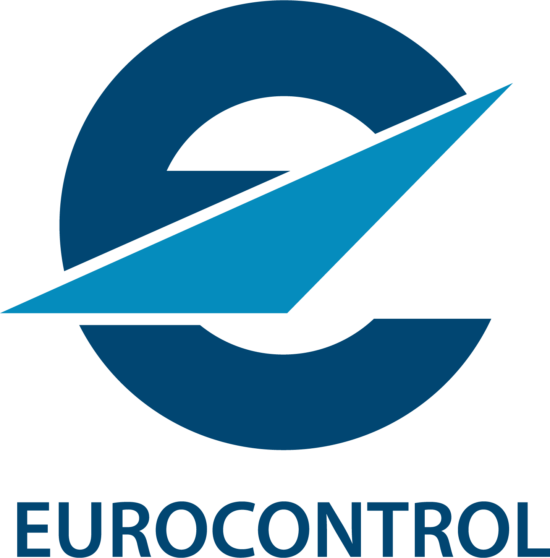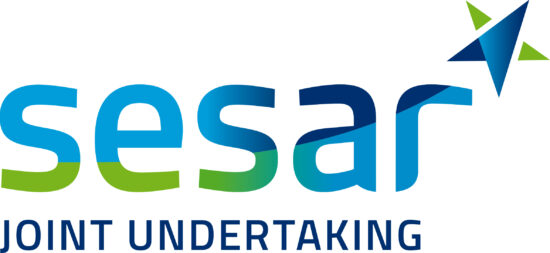This year’s technical program for ICNS 2025, held for the first time in Brussels, Belgium, features a record number of papers and presentations. More than 120 papers are eligible for the Best of Conference award, along with approximately 25 additional papers and presentations.
The program includes six tracks, each averaging six to seven sessions, covering topics such as the latest developments in air traffic management, operational efficiency, advances in communication, navigation, and surveillance systems, and novel concepts.
Participation is global, with authors from North and South America, Europe, Africa, the Middle East, and the Asia-Pacific region. There is strong engagement from young researchers, including over 50 student papers. Overall, more than 400 authors have contributed to this year’s program.
Technical Program Co-chairs
- Dr. Rainer Kölle, EUROCONTROL
- Paul Prisaznuk, ARINC (retired)
- Email: technical.chair@i-cns.org
Track 1. Air Traffic Management
Co-chairs
Bernd Korn, German Aerospace Center (DLR)
Xavier Olive, Onera
In this track, sessions will address developments in the areas of airspace organization, management, and advanced concepts; ground movement and taxi operations; advanced concepts for arrival management and civil-military airspace usage; monitoring and communication, and environmental sustainability.
Track 2. Operations Efficiency and Special Topics
Co-chairs
Billy Josefsson, AVTECH
Junzi Sun, Delft University of Technology
The sessions in this track will revolve around trajectory-based operations in terms of trajectory optimization, applications, and operational efficiencies; emerging CNS applications and enablers; safety implications of the integration of UAS; approaches to modelling and simulation; and regional challenges related to the deployment or operation of concepts.
Track 3. Artificial Intelligence/Machine Learning
Co-chairs
Eduard Gringinger, Frequentis
Duc-Thinh Pham, Nanyang Technological University, Singapore (NTU)
This track will cover advancements in AI-driven optimization, support to decision-making for air transport operations, and air traffic efficiency and traffic management; developments on predictive analytics and traffic modelling; application of AI for communication and coordination in aviation networks; use of novel techniques for navigation and localization; and applications for the generation of data.
Track 4. Communications and Security
Co-chairs
Krishna Sampigethaya, Embry-Riddle Aeronautical University (ERAU)
Martin Strohmeier, OpenSky Network (OSN)
Sessions in this track will address novel approaches to the assessment of cybersecurity risk in aviation infrastructure, developments in the areas of LDACS; future communication infrastructure architectures and techniques; advanced concepts on 5G and beyond techniques; interfaces between advanced air mobility and security; cybersecurity modelling, intrusion detection and resilience; GNSS spoofing and anomaly detection; and architecture, communications performance, future communications, and communication system implementation considerations.
Track 5. Navigation and Surveillance
Co-chairs
Erik Theunissen, Netherlands Defence Academy (NLDA)
Paul Diffenderfer, MITRE
In this track, sessions will focus on advancements in multilateration; navigation and surveillance accuracy and integrity; applications of machine learning to estimate state and/or errors; enhancing trajectory estimation and alternative methods for determining aircraft position; multiple-input multiple-output architectures; and concept implementation and testing.
Track 6. Unmanned Aircraft Systems, UAS Traffic Management, and Advanced Air Mobility
Co-chairs
Rafael Apaza, NASA
Munish Khurana, EUROCONTROL
This track will focus on the developments and challenges of the management of unmanned aerial systems in terms of modelling, mission planning and fleet management, and associated airspace management; applications in security and safety; the use of artificial intelligence for advanced air mobility, and supporting CNS technologies and architectures.
Technical Program Co-chair Biographies
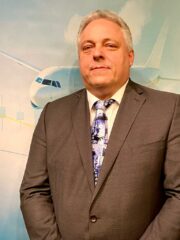
Dr. Rainer Kölle, EUROCONTROL
Rainer Kölle heads the Operational Performance Review Service with EUROCONTROL, Directorate European Green Sky, Aviation Intelligence Unit, Brussels. Prior to joining EUROCONTROL in 2005, he served as a career officer in the German Air Force with 18 years of service experience. His professional career saw him working as aviator, air traffic controller, and in the wider field of air traffic management.
Rainer represents EUROCONTROL in standardization activities and performance related R&D projects and policy working groups (e.g., ICAO’s performance expert group, multi-national performance benchmarking group). His research interests apply data science to operational air transport and air navigation performance and promoting higher levels of transparency using open data for operational performance measurement.
Rainer holds a Master of Science in electrical engineering (communication systems) from the University of the German Federal Armed Forces, Hamburg, 1994, and a doctorate from Lancaster University, United Kingdom, 2013.
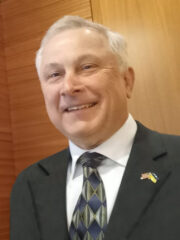
Paul Prisaznuk, ARINC (Retired), Airlines Electronic Engineering Committee (AEEC)
Paul Prisaznuk is an aviation professional that has served ARINC, EUROCAE, RTCA, and ICAO in various technical capacities for over 35 years. Most recently Paul served as the head of standards development at ARINC. In that role Paul led the development of over 250 technical standards used in the design and construction of commercial air transport, large military aircraft, and other aircraft. These include many air/ground standards applied to communications, navigation, and surveillance (CNS) systems.
Paul is a contributing author to the CRC Press publication, Digital Avionics Handbook. His contributions describe the ARINC 429, Digital Information Transfer System, and the ARINC 653, Avionics Application Software Standard Interface. Paul has taught an introductory course on the “Fundamentals of Avionics” offered by the University of Kansas. Paul has briefed ICNS and DASC conferences on the application of ARINC Standards. He is a member of ICAO’s ICNS and Spectrum Task Force.
Paul holds a bachelor’s degree in electronic engineering from the University of Dayton. He is active in the collector car community and has owned several unique vehicles over his lifetime.





